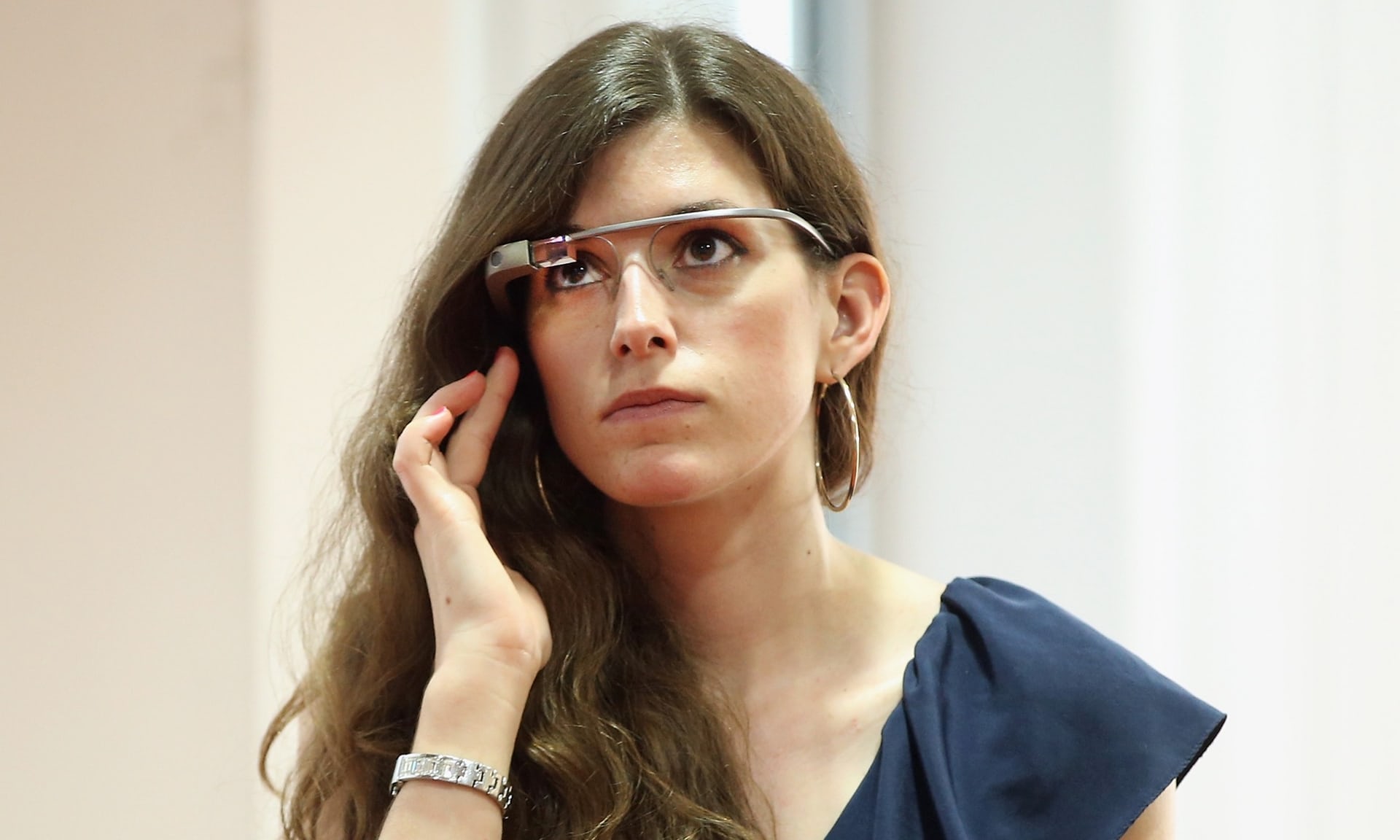Is Social Media Training Us to Please a Machine?
“We tend to think that the internet is a communications network we use to speak to one another — but in a sense, we’re not doing anything of the sort. Instead, we are the ones being spoken through.”
Teens on TikTok all talk in the exact same tone, identical singsong smugness. Millennials on Twitter use the same shrinking vocabulary. My guy! Having a normal one! Even when you actually meet them in the sunlit world, they’ll say valid or based, or say y’all despite being British….
Everything you say online is subject to an instant system of rewards. Every platform comes with metrics; you can precisely quantify how well-received your thoughts are by how many likes or shares or retweets they receive. For almost everyone, the game is difficult to resist: they end up trying to say the things that the machine will like. For all the panic over online censorship, this stuff is far more destructive. You have no free speech — not because someone might ban your account, but because there’s a vast incentive structure in place that constantly channels your speech in certain directions. And unlike overt censorship, it’s not a policy that could ever be changed, but a pure function of the connectivity of the internet itself. This might be why so much writing that comes out of the internet is so unbearably dull, cycling between outrage and mockery, begging for clicks, speaking the machine back into its own bowels….
The internet is not a communications system. Instead of delivering messages between people, it simulates the experience of being among people, in a way that books or shopping lists or even the telephone do not. And there are things that a simulation will always fail to capture. In the philosophy of Emmanuel Lévinas, your ethical responsibility to other people emerges out of their face, the experience of looking directly into the face of another living subject. “The face is what prohibits us from killing….” But Facebook is a world without faces. Only images of faces; selfies, avatars: dead things. Or the moving image in a FaceTime chat: a haunted puppet. There is always something in the way. You are not talking to a person: the machine is talking, through you, to itself.
As more and more of your social life takes place online, you’re training yourself to believe that other people are not really people, and you have no duty towards them whatsoever. These effects don’t vanish once you look away from the screen…. many of the big conflicts within institutions in the last few years seem to be rooted in the expectation that the world should work like the internet. If you don’t like a person, you should be able to block them: simply push a button, and have them disappear forever.
The article revisits a 2011 meta-analysis that found massive declines in young people’s capacity for empathy, which the authors directly associated with the spread of social media. But then Kriss argues that “We are becoming less and less capable of actual intersubjective communication; more unhappy; more alone. Every year, surveys find that people have fewer and fewer friends; among millennials, 22% say they have none at all.
“For the first time in history, we can simply do without each other entirely. The machine supplies an approximation of everything you need for a bare biological existence: strangers come to deliver your food; AI chatbots deliver cognitive-behavioral therapy; social media simulates people to love and people to hate; and hidden inside the microcircuitry, the demons swarm…”
So while recent books look for historical antecedents, “I still think that the internet is a serious break from what we had before,” Kriss argues. “And as nice as Wikipedia is, as nice as it is to be able to walk around foreign cities on Google Maps or read early modern grimoires without a library card, I still think the internet is a poison.”



